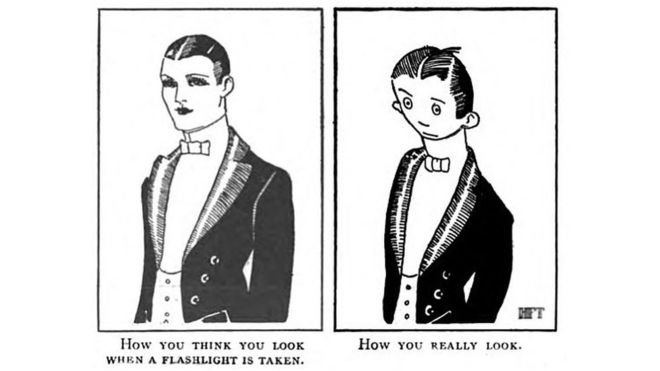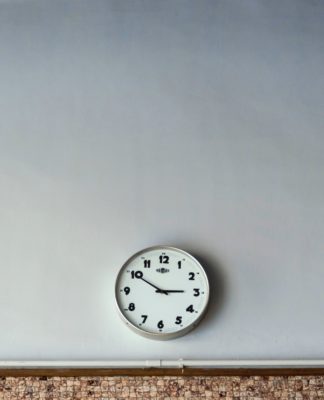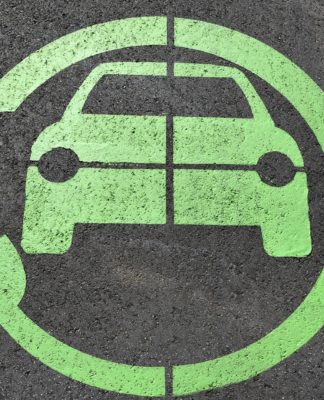
Memes are seen as a zeitgeist that defines the tumultuous world of today – their relevance often rooted in current events and social stigmas. They are, however, not that new at all: The term was first coined by Richard Dawkins in 1976 to describe “an imitated thing,” and we’ve watched it grow, change, mutate into something that might be described as the face of the internet, or at the very least one of its most powerful social currencies, since then.
Some might even say that we’ve had memes since this cartoon first appeared in 1921:

But the expanding reach, importance, and impact of memes on not only the social world but the internal one as well is something much more recent. And while the negative impact of social media on mental health has been well documented (by us, and others), memes have until recently avoided any major controversy; seen as just another (often necessary) form of comedic escape at their most innocent, and an effective way to communicate and reach people online at their most impactful.

Memes are meaningful
But researchers in the United Kingdom are now concerned that memes might be taking a mental, and physical, toll on public health – and especially that of the teenagers who use them most.
And they’re taking those concerns straight to UK parliament. In a written statement, researchers said that memes might
…normalize undesirable behaviors such as trolling, body shaming and bullying, and a lack of emotion may be indicative of a larger apathy with regards to such practice.
Researchers also warned that, while they might be designed purely for entertainment, “…they also represent a body of cultural practice that does not account for the specific needs and rights of teenagers.”
You can read their full statement here: MEMEotive – Analysing the Effects of Internet Memes on Young Teenagers’ Health and Health Behaviours
The growing crisis of teenage obesity in the UK is getting the most scrutiny. As many memes (as it is with much of comedy) try and make light of both personal and widespread problems, one of the researchers involved with the study, Dr. Ashley Casey, worries that memes might provide “validation” for something that might otherwise be frowned upon – i.e. overeating, weight gain, and a generally unhealthy relationship with food.
As Dr. Casey recently told the Telegraph, it would normally be “…unacceptable for you and I to have a conversation saying I just ate a whole chocolate cake. But if someone puts a meme up about it then I can say ‘that’s normal and that’s okay, that’s how I feel and that’s almost how I behave’.”
With this sort of thinking applied to other taboo subjects – bullying, misogyny, racism, violence – the worry is that memes will more or less operate as something of an advertisement for otherwise socially (and morally, ethically) unacceptable behaviors.
Or, at least, a generation of teenagers eating entire chocolate cakes to themselves.
The discussion might feel a bit like deja vu for those familiar with the discussion surrounding other forms of media, mostly films and video games, and the impact they have on the worldview of our oh-so-impressionable youth; the idea that violence onscreen makes us violent people, about which the debate is ongoing.
For a different look at the ever-growing, always changing culture of memes in America, read this next: Making money on memes
















